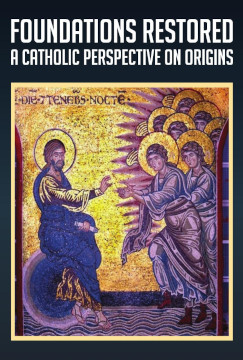- Welcome to St. Isidore forum.
News:
"Omnis enim res quæ dando non deficit, dum habetur et non datur, nondum habetur quomodo habenda est." ("For a possession which is not diminished by being shared with others, if it is possessed and not shared, is not yet possessed as it ought to be possessed.") —St. Augustine, De doctrina Christiana lib. 1 cap. 1
Did Aquinas say "invincible ignorance is a punishment for sin"?
Started by Mysterium Fidei, August 26, 2022, 03:25:54 AM
Previous topic - Next topic0 Members and 1 Guest are viewing this topic.
User actions






